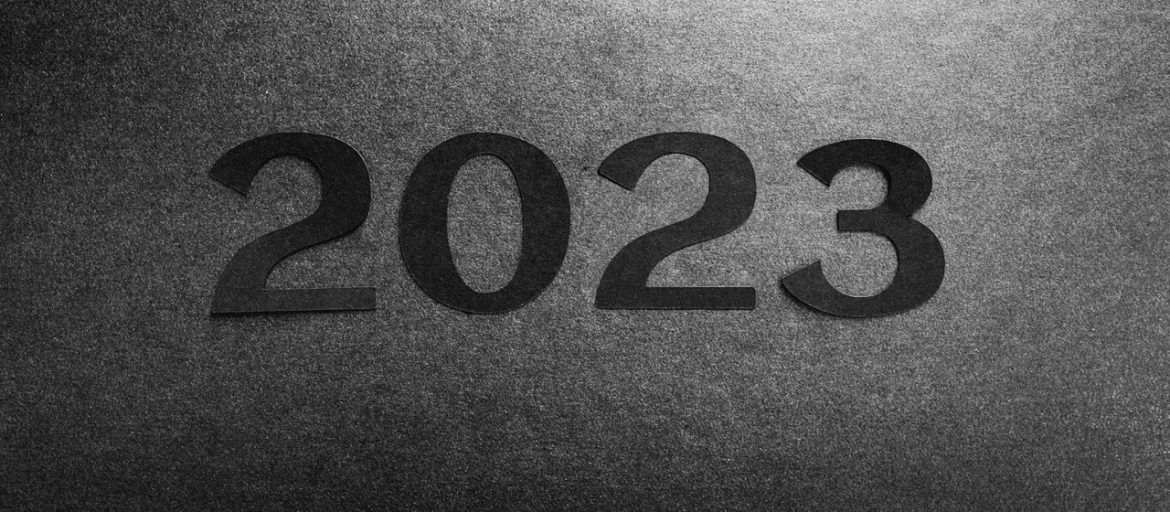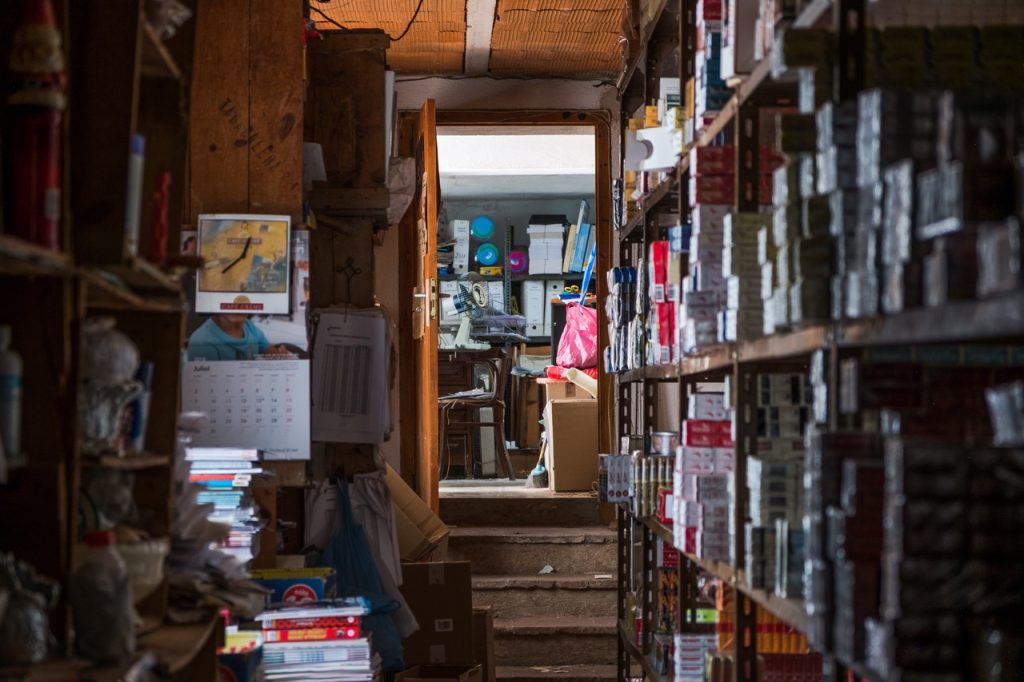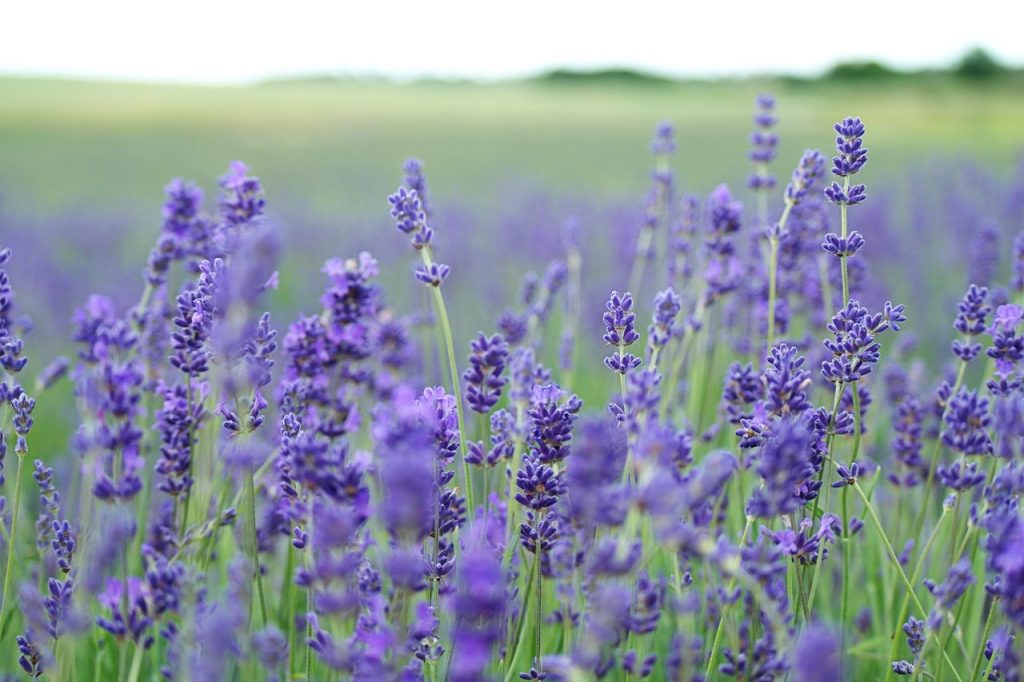“…in every era, God calls to every man: ‘Where are you in your world? So many years and days of those allotted to you have passed and how far have you gotten in your world?’ God says something like this: ‘You have lived forty-six years [the age of the prison guard]. How far along are you?’” (Martin Buber, The Way of Man, Citadel, 1994)
When the guard heard his age mentioned, “he pulled himself together” and congratulated the rabbi on his wise answer. But the story concludes by saying that then the guard’s “heart trembled.” Martin Buber’s story suggests that we desperately need to let God’s question continue to confront us and draw us out to face our need and our responsibility. God asks the question not because God is unclear, but because we, like Adam are unclear. “I was afraid and I hid myself, “ Adam responds. God’s question mercifully confronts Adam and the guard, and us with the reality of our condition. Perhaps the routine traffic and turmoil of our everyday lives are the “trees” in which we hide nowadays. The hurried schedules of our careers and our families can often become places where we seek shelter, places where we cower in shame like Adam and Eve, places where we seek to survive on our own. Sadly we do so much to avoid God’s presence and provision, even amidst our well-intended Christian lives. For many our lack of any serious reflection about our lives may be a sign that we are drowning out God’s voice with the drone of all our activity. But if we are to flourish, then we need to open ourselves over and again to God’s question to us: “Where are you?” “Where are you?” is certainly not the only question that is of critical importance in the Christian life, but it is a primary one if we are to turn (again and again) our hearts toward God. May we not avoid this question in fear and hiding and prayerlessness…for it is this question that so often opens the way in our hearts to recognize and respond to God’s invitation and provision. Where then are the safe places in our lives – the friendships, the spiritual directors and mentors, the small groups and the teams – that help us discover and converse about where we find ourselves in the world? And how can we be catalysts of such conversation in the places we live and serve?




